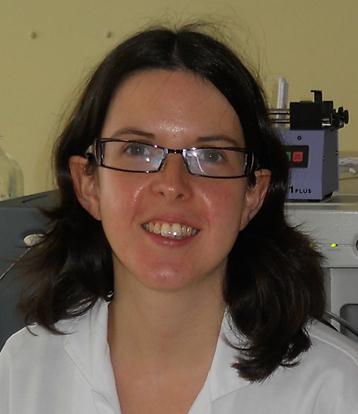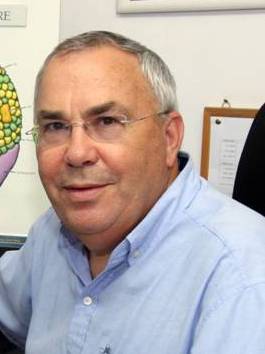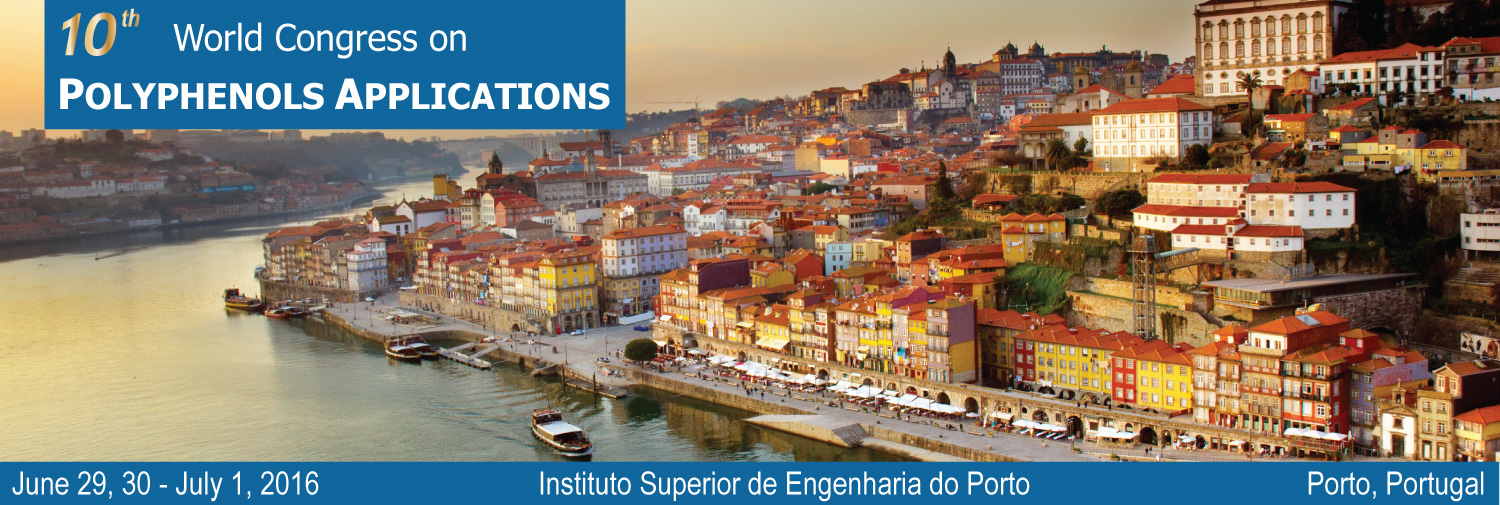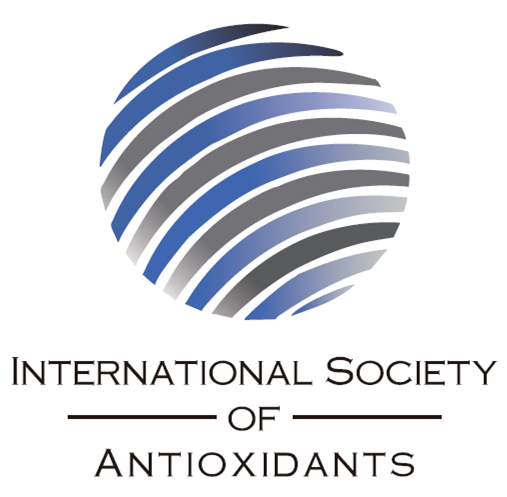News
Regular consumption of a pomegranate and grape juice improves oxidative status and causes metabolome changes in healthy adults
 During Lisbon Polyphenols 2014, as special session will be dedicated to Pomegranate Polyphenols: Recent Advances & Perspectives.
During Lisbon Polyphenols 2014, as special session will be dedicated to Pomegranate Polyphenols: Recent Advances & Perspectives.
One of the presentation will be done by Dr Jara Perez-Jimenez, from ICTAN, Spain about "Regular consumption of a pomegrante and grape juice improves oxidative status and causes metabolome changes in healthy adults". This study was elaborated by Dr Maria Elena Diaz Rubio from ICTAN, Spain.
The science behind pomegranates will be showcased during Polyphenols 2014 by Pr. M. Aviram
 Pr. Michael Aviram, Senior Vice Dean, Head, Lipid Research Laboratory, Technion Faculty of Medicine, Rambam Medical Center, Bat - Galim, Haifa - Israel will highlight the recent advances on pomegranate and health: “Pomegranate & Health: What’s Next?”.
Pr. Michael Aviram, Senior Vice Dean, Head, Lipid Research Laboratory, Technion Faculty of Medicine, Rambam Medical Center, Bat - Galim, Haifa - Israel will highlight the recent advances on pomegranate and health: “Pomegranate & Health: What’s Next?”.
Pr. M. Aviram will also discuss how the combination of pomegranate constituents with major polyphenols – rich Mediterranean Diet fruits and vegetables may substantially improve human health.
Dr. Jara Perez-Jimenez will also talk about "Regular consumption of a pomegrante and grape juice improves oxidative status and causes metabolome changes in healthy adults" during the 8th World Congress on Polyphenols Applications: ISANH Polyphenols 2014, which will be held at Lisbon, Portugal, on June 5-6, 2014.
For more information: www.polyphenols-site.com
Biorefinery concept with green solvents towards the phenolic valorization

The efficient separation, hydrolysis and conversion of principal components of lignocellulosic biomass allows to produce chemicals and value added compounds. Ionic liquids (ILs) have been used for
Non-extractable polyphenols or macroantioxidants: Recent Advances and Perspectives

Dr Fulgencio Saura-Calixto, from ICTAN-CSIC, Madrid, Spain will give an overview of recent advances & perspectives of non-extractable polyphenols and macroantioxidants during the 8th World Congress on Polyphenols Applications 2014.
Non-extractable polyphenols (NEPP) or macroantioxidants are a new type of antioxidants bioavailable in the large intestine where they exhibit a significant antioxidant activity and produce absorbable metabolites after the action of the microbiota. They are plant food constituents that contribute significantly to the total PP intake in the diet.
Polyphenols & Antioxidants Incorporation into Food Packaging: Trends & Perspectives discussed during Polyphenols World Congress 2014

This presentation reviews some of the antioxidants that have been incorporated into food packaging, namely α-tocopherol, caffeic acid, catechin, quercetin, carvacrol and plant extracts (e.g. rosemary extract).
More Articles...
- Distinguished speakers and oral presentations of Lisbon Polyphenols 2014
- Bonn Polyphenols 2013 Scientific Committee awarded two high quality speakers for their contributions on Polyphenols Research
- Bonn Polyphenols 2013 Scientific Committee awarded two high quality speakers for their contributions on Polyphenols Research
- ISANH Polyphenols Abstracts Book 2013 is available!




